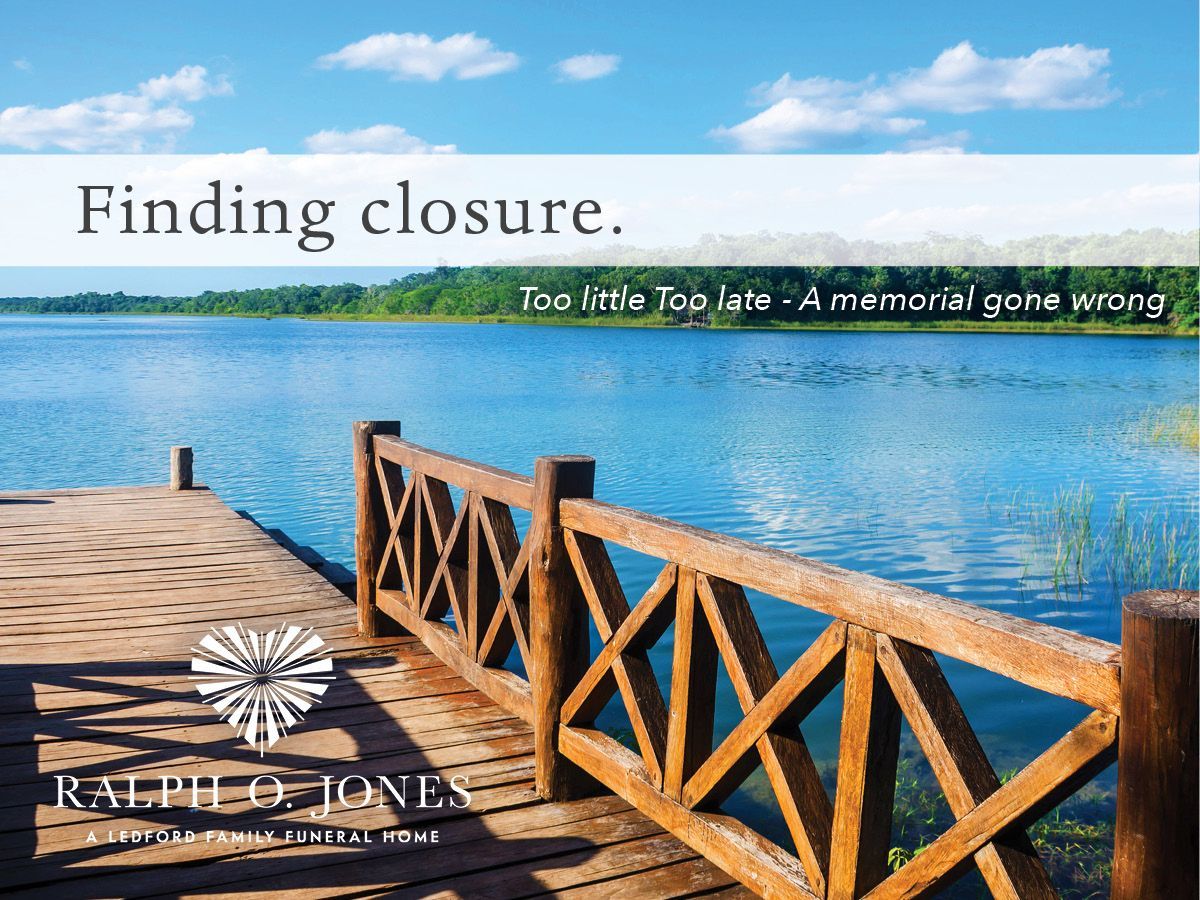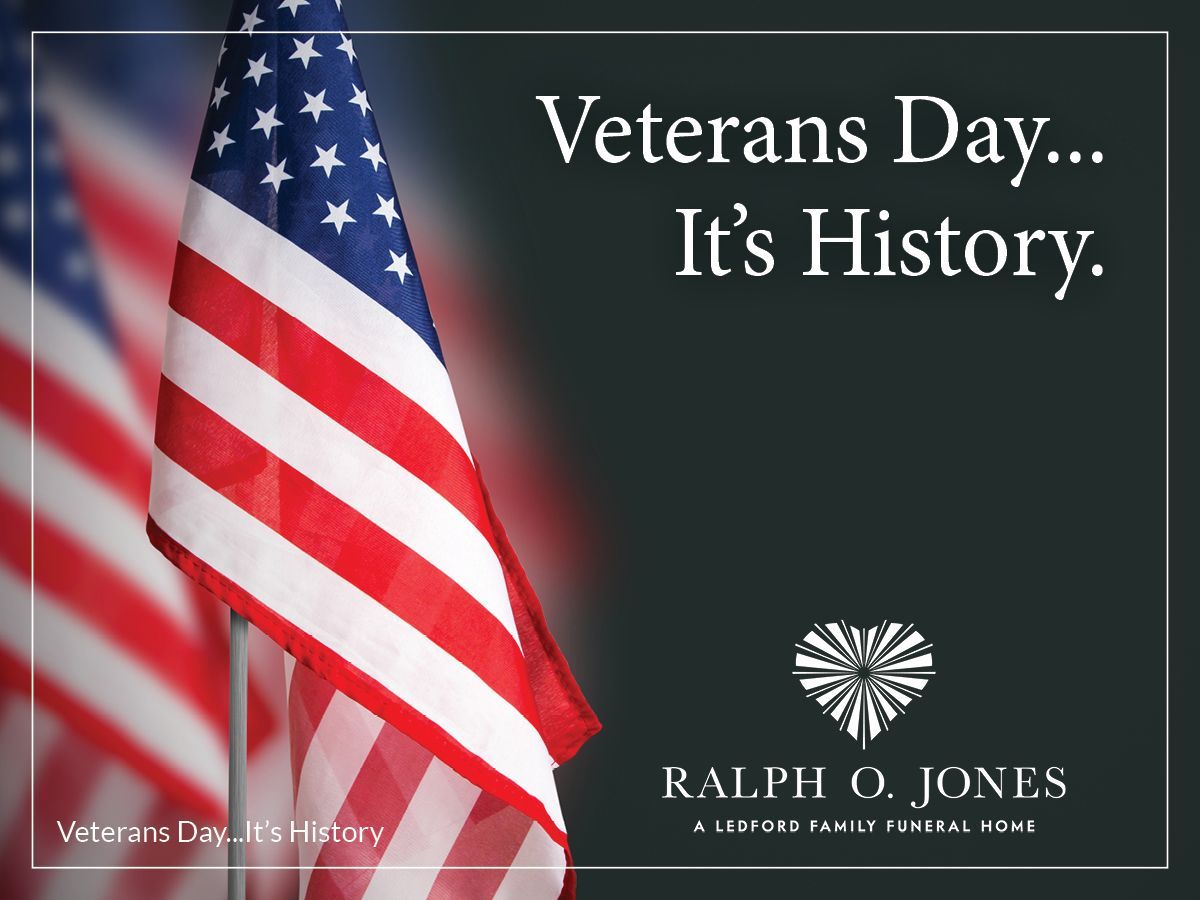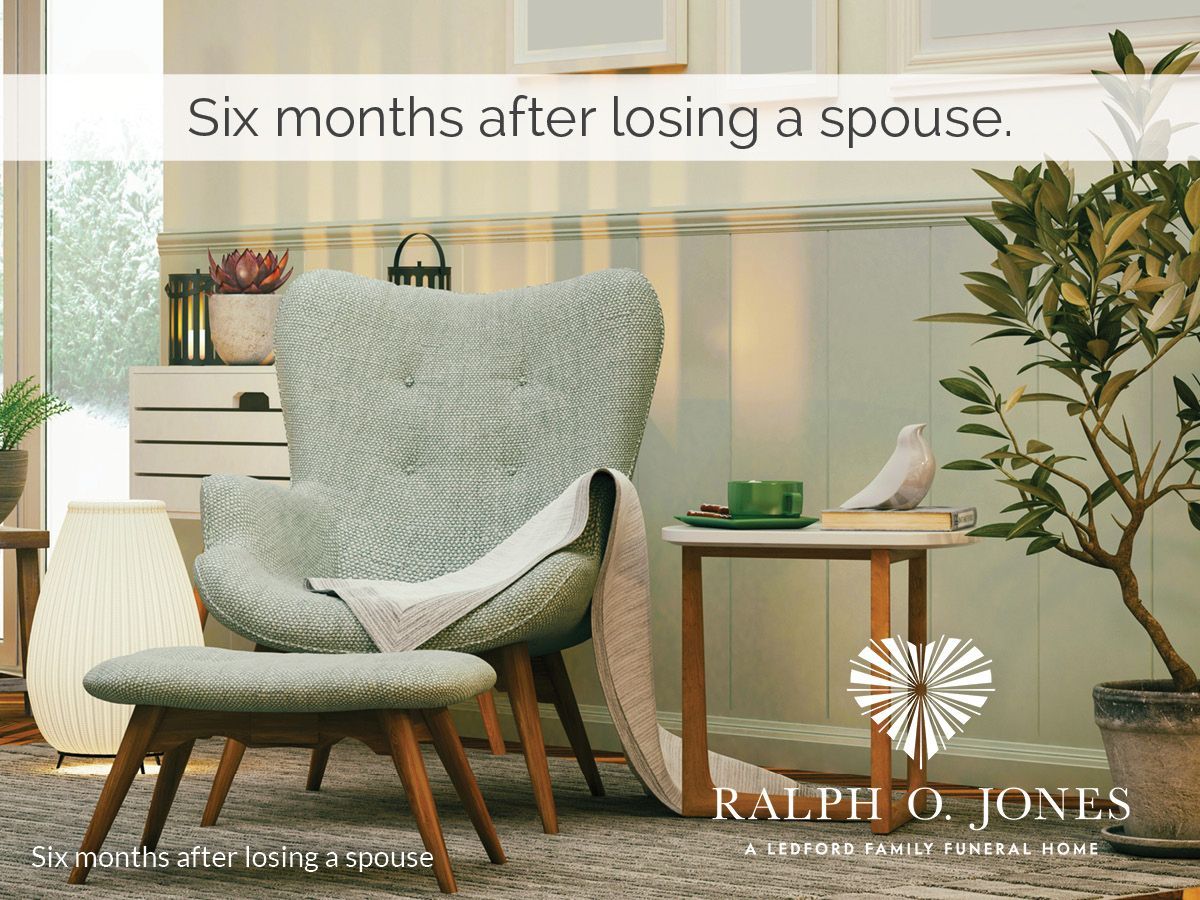Veterans: Is My Funeral Paid For?
Veterans: Is My Funeral Paid For?
When it comes to a veteran’s funeral, it’s important for their families to understand what the military will pay for. There’s no way to repay the debt that a veteran has paid to our country, but there are some elements that the military covers for a veteran’s funeral and final disposition. So, what help can you as a veteran expect to receive for your funeral? As long as you meet specific criteria, your family can expect some help when the day of your funeral arrives.
Do veterans have to pay for their funerals?
In general, the Department of Veterans Affairs (VA) may help you with your burial, and there are a few benefits for veterans to help with the funeral costs. The benefits that you can get are only eligible if you received at least an “other-than-dishonorable” discharge. Veterans will need to acquire their DD214 and other military service records to show their status and receive burial benefits. Veterans can be buried for free in national VA cemeteries. To be buried there, you must submit a pre-need determination of eligibility application. But there isn’t a guarantee that you’ll be accepted, as space is limited, and the VA receives a large number of applications. Many states have their own veteran cemeteries, but the requirements are often the same as a federal VA cemetery.
Your family may still be entitled to benefits if you decide to be buried in a civilian cemetery. They could apply to receive a burial allowance if you met certain criteria. You must meet one of the following conditions:
● Died because of a service-related disability
● Was receiving a VA pension or other compensation
● Was entitled to a VA pension or compensation but decided to receive full military retirement or disability pay
● Died in a VA facility or a non-VA facility under a VA contract
● Died while traveling at VA expense to or from a specified place for care
● Had an original or reopened claim for VA compensation or pension pending at the time of death and would have been entitled to benefits prior to the date of death
The amount you’ll receive changes yearly, but it typically doesn’t cover the total cost of a burial. The VA will pay more if the death is service-oriented. However, there are three cases in which a family will not be entitled to a burial allowance: if the decedent was on active duty, serving as a member of Congress, or serving a federal prison sentence. In addition to the burial allowance, the Social Security Administration will also pay a small death benefit to your family.
One thing that is always free for veterans is having military funeral honors. By law, every eligible veteran can receive a military funeral honors ceremony. This ceremony consists of uniformed military persons, with at least one being from the veteran’s parent service of the armed forces. It includes the folding and presenting of the United States burial flag and the playing of “Taps.” However, your family must request the flag and the ceremony in advance. To receive a burial flag, you must fill out an “Application for United States Flag for Burial Purposes.”
The ceremony, which the Department of Defense organizes through a program called “Honoring Those Who Served,” can be arranged with the help of a funeral director if you’re being buried in a civilian cemetery. If you’re being buried in a VA cemetery, the Department of Veterans Affairs Cemetery Administration cemetery staff will be able to help, but a funeral home can also assist in this case.
Neither the VA nor individual branches of the military will pay for the cost of a casket unless the soldier dies while on active duty. However, the VA will provide an upright headstone or flat marker for any eligible veteran. These can be given regardless of whether the veteran is buried in a civilian or a VA cemetery.
Veterans who were honorably discharged can also opt for a burial at sea, which is free of charge. However, your family will not be allowed to attend this service. The Navy will choose the date and time of the ceremony. Both cremated and non-cremated remains are allowed to be buried at sea. If non-cremated remains are buried at sea, a casket must be prepared by the Navy’s guidelines, and a funeral director must transport you to the burial at your family’s expense.
As you plan your funeral and final disposition, talk to your funeral home about their offerings for veterans. Your funeral director can also help you or your loved ones fill out any necessary paperwork to request a burial allowance, burial flag, or military funeral honors ceremony.
Although veterans’ funerals are not fully paid for, there are some aspects of the burial and funeral that the VA will contribute to. If you’re unsure of what’s being covered, talk to your funeral director, and they’ll walk you through your options and how to request assistance.












